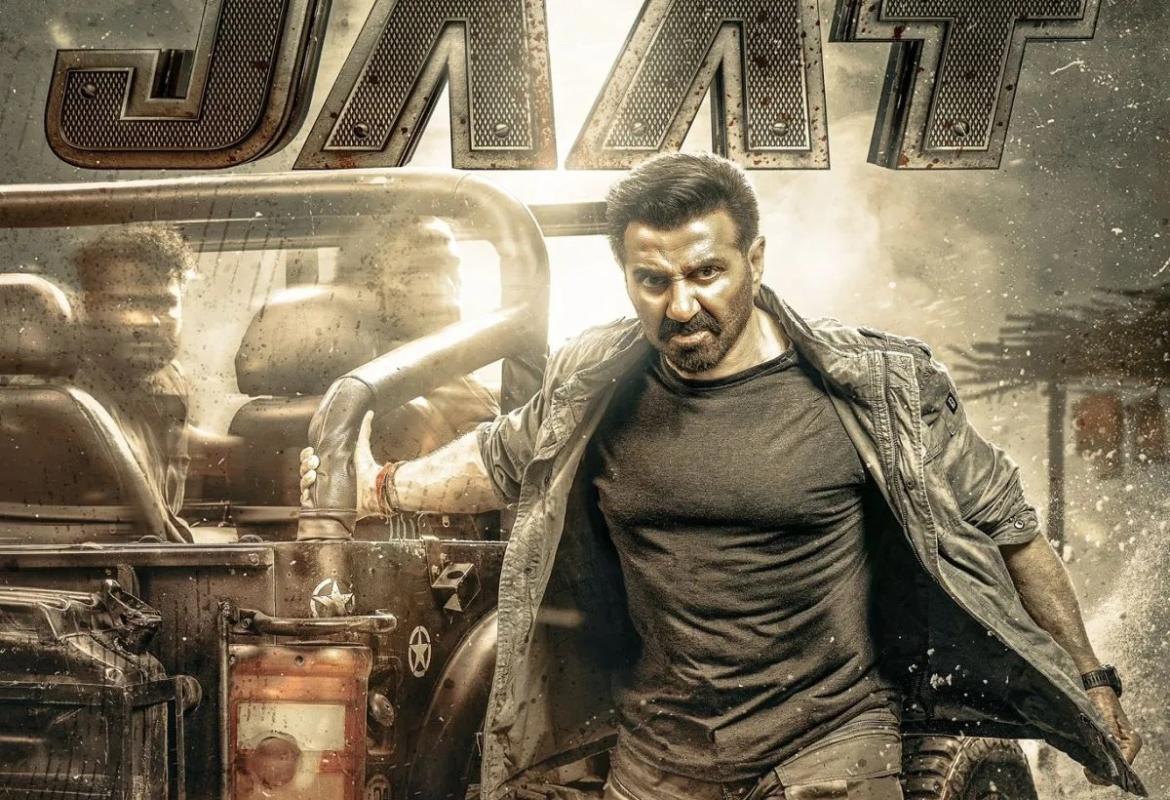Northern Province Councillor, Ananthi Sasitharan's address at the side event on Sri Lanka at the UN Human Rights Council on March 11th, organised by IMADR (International Movement Against all forms of Discrimination and Racism), reproduced in full below:
My name is Ananthi Sasitharan, I am an elected Member of Northern Provincial Council in Sri Lanka. I am here today in front of you as a voice of the oppressed Tamil people in Sri Lanka, and I speak on behalf of thousands of Tamil people that surrendered as individuals and as families to the Sri Lankan government.
Myself and others have filed cases habeas-corpus and continue to receive no justice for the thousands of people that were put in Sri Lankan custody.
Our homeland is completely occupied by the military, that are almost entirely Sinhalese. At any event, the army is there and people are afraid by the army presence - too afraid to talk or do anything. All our native lands are in their hands, as they have occupied everything.
In the North-East, there are a huge number of relatives of missing people; not just of those that disappeared during the war, because even today people are disappearing.

